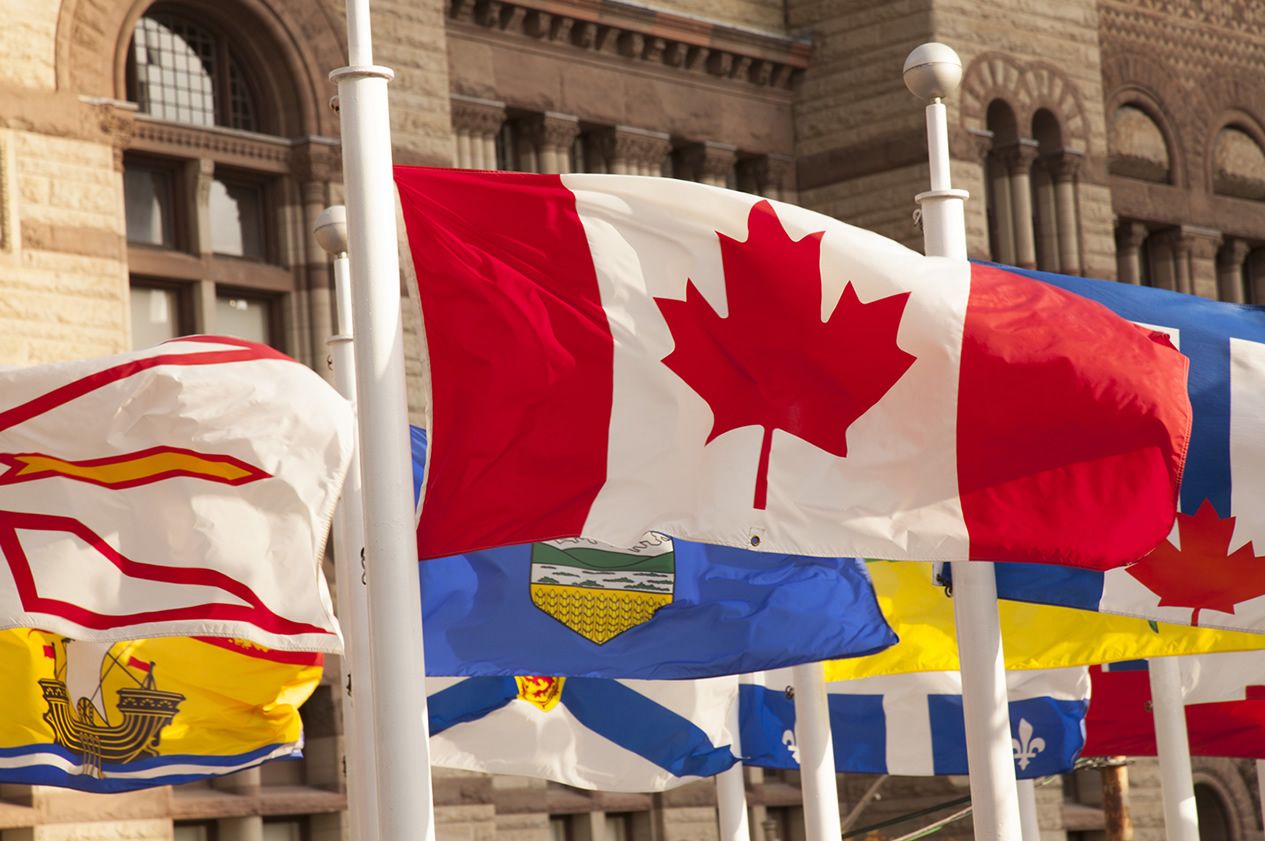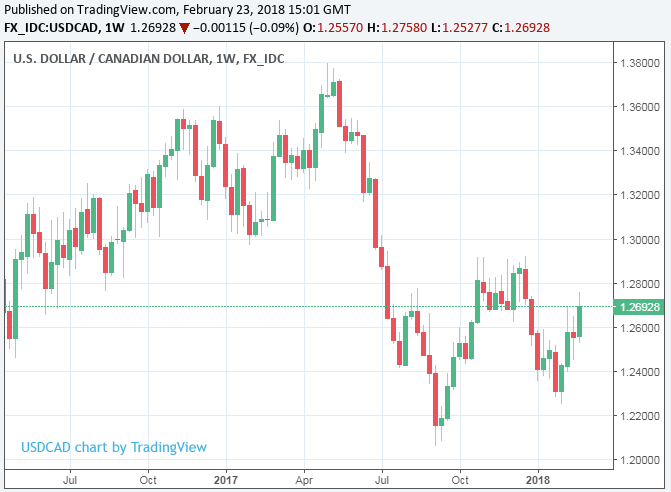Canadian Dollar Surges as Inflation Makes Gains in January: USD/CAD, GBP/CAD in Retreat
- Written by: James Skinner

© Viv Idrange, Adobe Stock
“We are comfortably cautious on CAD and reckon the market has been unjustifiably overlooking a turn gear lower in the Canadian economy; one that will keep the BoC sidelined until later this year.”
The Canadian Dollar surged during noon trading in London Friday after the initial instalment of inflation data for 2018 showed Canadian price pressures building, which could reinforce expectations of another interest rate rise in the coming months.
Headline Canadian inflation rose by 0.7% in between the end of December and the end of January, when the market had been looking for a smaller rise of 0.4%, according to Statistics Canada data.
On an annualised basis the consumer price index rose 1.7% when markets had been looking for a smaller 1.4% gain.
Core inflation, which removes food and energy prices from the goods basket, held steady at 0.5% on a monthly basis and 1.2% in annualised terms.
The trimmed mean CPI index, which removes the most volatile 40% of items and is seen as more important by some economists, slipped from 1.9% to 1.8%.
“A stronger than expected 0.7% advance in total CPI still left the annual rate two ticks weaker at 1.7% in January. But focus will be on the Bank of Canada's core measures, which are now averaging 1.8%, within shouting distance of the 2% target,” says Royce Mendes, an economist at CIBC Capital Markets.
“Overall, while today's inflation readings are somewhat stronger than expected this doesn't change our forecast that the Bank of Canada will be patient in terms of rate hikes. Indeed, the economy is still facing a number of potential headwinds, including NAFTA renegotiations, US tax cuts and new mortgage rules. The data will be positive for the loonie and negative for fixed income.
Currency markets bid the Canadian Dollar higher in response to the report.
The USD/CAD rate was quoted 0.43% lower at 1.2658, extending an earlier 0.13% loss, while the Pound-to-Canadian-Dollar rate was marked 0.15% lower at 1.7710 after reversing an earlier 0.07% gain.

Above: USD/CAD rate at weekly intervals.
Inflation is the most important macroeconomic variable for currency markets because it is this that central banks are attempting to manipulate when they tinker with interest rates, which are themselves the raison d'être of swings in exchange rates.
The Bank of Canada has raised interest rates three times since July 2017, most recently in January, which left the Canadian cash rate sat at 1.25%.
Pricing in interest rate derivatives markets, which enable traders to protect themselves against changes in interest rates, implies that traders are expecting the Bank of Canada to raise interest rates again by 25 basis points before July.
However, this expectation was dealt a blow Thursday when December’s retail sales report missed economist and market expectations.
Headline Canadian retail sales fell by -0.8% in December when they had been expected to sit unchanged for the month. Core retail sales fell even further, dropping by 1.8%, when the market consensus had been for a small rise of 0.1% to round off the year.
Retail sales and consumer spending matter for markets because they are an important influence on domestic inflation and an ideal bellwether of just how well households are coping with the interest rate rises announced by the Bank of Canada in the last eight months.
Core Canadian retail sales surged higher back in November, rising 1.6%, twice the rate forecast by economists. However, this gain was more than reversed by Thursday’s result, leaving interest rate expectations in uncertain territory.
"USDCAD managed to temporarily punch through key resistance located around 1.2700/10. But the market can't have its cake, and eat it too," says Fred Demmers, chief Canadian macro strategist at TD Securities, describing the market's reaction to Thursday's retail sales report.
"We are comfortably cautious on CAD and reckon the market has been unjustifiably overlooking a turn gear lower in the Canadian economy; one that will keep the BoC sidelined until later this year."
"We acknowledge that failure to hold above aforementioned pivot may be troublesome for USDCAD bulls, but we would note that with signs pointing to a deceleration in growth, NAFTA risks at large, and new housing regs requiring some time to have its way with the housing market, the market is too aggressive in seeking a fourth hike in less than one year."
Advertisement
Get up to 5% more foreign exchange by using a specialist provider to get closer to the real market rate and avoid the gaping spreads charged by your bank when providing currency. Learn more here.




